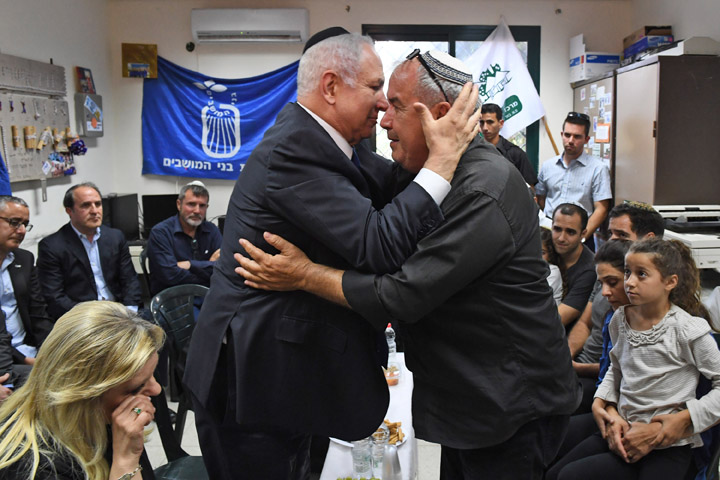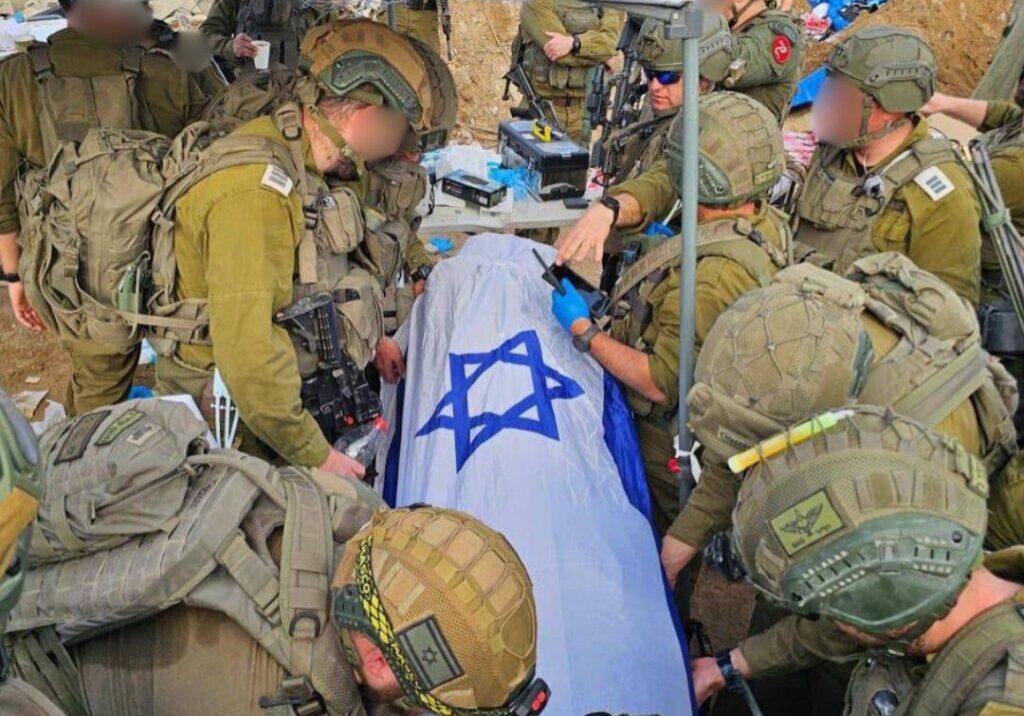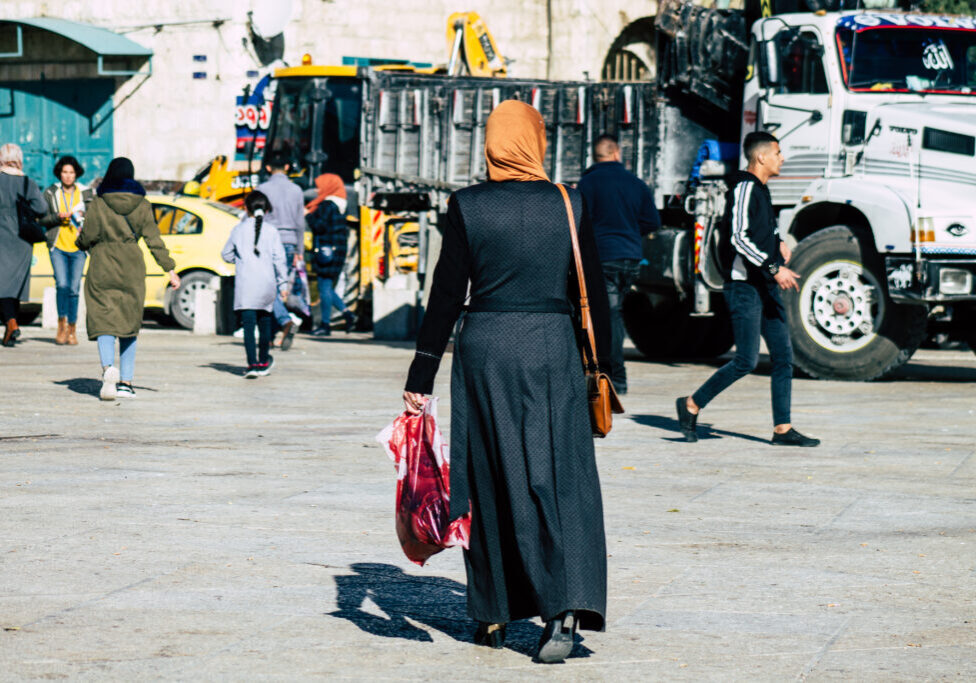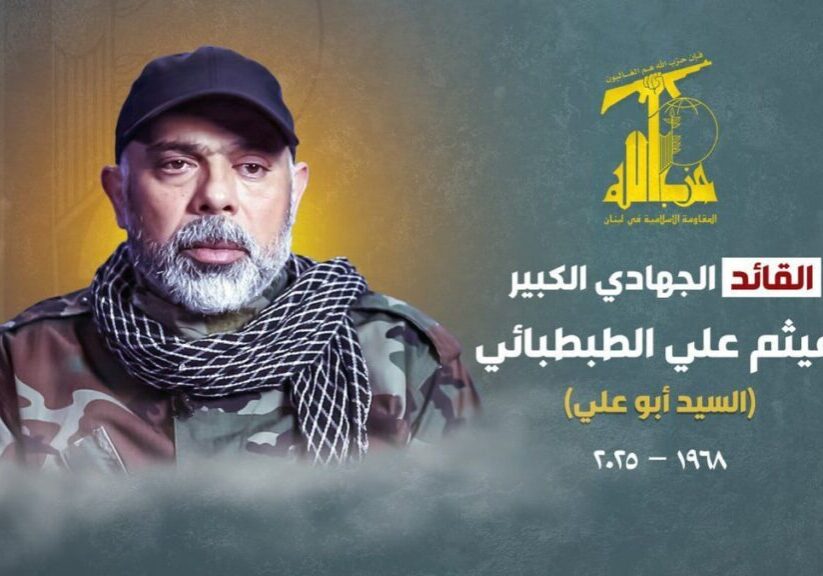Australia/Israel Review
Behind the News – July 2017
Jul 3, 2017 |

Terror and Rocket Report
On June 16, Israeli border policewoman Hadas Malka, 23, was fatally stabbed near Jerusalem’s Damascus Gate in a co-ordinated gun and knife attack. Seconds earlier, two other assailants attacked Israeli border police troops nearby with a homemade gun and knives, injuring four people. All three attackers, allegedly members of Palestinian terror groups, were killed. The response from Fatah, the political party of Palestinian President Mahmoud Abbas, was to accuse Israel of a war crime for killing the three attackers.
There were numerous other attacks and attempted attacks in late May and June by Palestinians using knives, Molotov cocktails and rocks.
On June 1, UNRWA announced a Hamas tunnel had been discovered under two of its schools in Gaza, and it had protested to Hamas.
On May 23, a rocket was fired from Sinai towards the Negev but was not found to have landed in Israel.
Palestinian prisoner hunger strike ends
The 40-day hunger strike by Palestinian prisoners in Israel, led by Fatah political leader and former terror chief Marwan Barghouti, ended on May 24.
Under an agreement reached between the Palestinian Authority (PA) and International Committee of the Red Cross (ICRC), prisoners will receive a second monthly family visit. This was stopped a year ago by the ICRC, who said family members were not showing up and it did not have the budget for the program.
Despite a long list of demands to Israel by the prisoners, this is the only one being met, and the visits will be financed by the PA.
Meanwhile, a May 29 report to a Knesset committee estimated that the PA has paid out some NIS 4 billion – or A$1.12 billion – over the past four years to imprisoned terrorists and their families. It has now, however, reportedly suspended such payments to Hamas members.
Hamas used hospital as rocket base, say UAE medics
The Secretary-General of the United Arab Emirates Red Crescent Society has confirmed that Hamas used a Gaza field hospital to launch rockets at Israel during Operation Protective Edge in 2014.
At a June 12 lecture in the UAE, Mohamed Ateeq Al-Falahi said the field hospital was being used as a distribution point for humanitarian aid when Hamas provoked Israeli retaliation by firing the rockets.
“This shows [Hamas’] wicked intentions and how they sacrificed us,” he said.
“They always claim the enemy targets humanitarian envoys, but the betrayal came from them.”
He added that Hamas also told Islamist groups in the Sinai that the Red Crescent medics were spies who were escaping, prompting those groups to fire at them when they left the strip.
Obama Administration allegedly hid Iranian hack
The Obama Administration has been accused of covering up a massive cyber attack carried out by Iran on US State Department officials during a tense period in the negotiations of the Joint Comprehensive Plan of Action, commonly referred to as the Iran Nuclear Agreement. The State Department came under attack in September 2015 when negotiations on a series of side agreements were being hashed out to entice Iran to implement the nuclear accord. The extent of the attack remains unknown, however it is alleged that email and social media accounts of multiple State Department officials were hacked during the negotiations.
Critics of the deal suggest that this is another example of the Administration turning a blind eye to malicious Iranian activities, with Mark Dubowitz of the Foundation for Defence of Democracies suggesting, “the Obama Administration didn’t acknowledge it (cyber attack) publicly out of fear that public outrage could threaten the nuclear deal.”
Iran continues missile and centrifuge programs
Iran has continued to bolster its ballistic missile program, with the head of the Iranian Revolutionary Guard’s airspace division quoted on May 25 as saying, “Iran’s third underground factory has been built by the Guards in recent years … We will continue to further develop our missile capabilities forcefully.”
The nuclear deal negotiated in 2015 does not encompass Iran’s ballistic missile program, which the regime has continued to expand in disregard of Security Council resolutions.
The head of Iran’s nuclear program has also confirmed the regime’s ability to commence mass production of advanced centrifuges within a short timeframe. With stockpiles of the necessary components potentially already in place, such a capability would dramatically shorten Iran’s breakout time in the event the deal falls through, or Iran decides to cheat.
On June 15, the US Senate voted 98 to 2 to institute sweeping new sanctions against persons and entities involved in Iran’s ballistic missiles program and against Iran’s Revolutionary Guards Corps, among others, in response to the ballistic missile program and Iran’s support of terrorism. The Trump Administration supports the bill, which will now go to the House of Representatives.
New report to find AMIA investigator murdered
A new report by Argentina’s federal security force Gendarmeria is expected to confirm that Alberto Nisman, the special prosecutor who investigated the bombing of the AMIA Jewish centre in Buenos Aires in 1994, was murdered on 18 January 2015, according to the May 28 Clarin newspaper.
Nisman was found dead in his apartment a day before he was to appear before the Argentine Congress accusing senior politicians, including former President Cristina Fernandez de Kirchner, of colluding with Iran to cover up Teheran’s responsibility for the terror attack which killed 85 people.
An earlier investigation by those appointed by the Kirchner government had concluded Nisman had committed suicide, a finding disputed by Nisman’s family. The new report is due by the end of June.
Vanuatu recognises Israel’s capital
The South Pacific nation Vanuatu has officially recognised Jerusalem as Israel’s capital.
It comes after President Baldwin Lonsdale, while meeting with Vanuatu’s honorary consul to Israel, expressed his regret that Vanuatu did not oppose the 2016 UNESCO resolution denying Jewish ties to the Temple Mount.
Meanwhile, the Czech parliament passed a non-binding resolution on May 23 calling for the recognition of Jerusalem as Israel’s capital.
West Bank housing starts drop 59%
Israeli housing starts in the West Bank were down 59% in the first quarter of 2017 compared to Q4 2016 and 23% compared to Q1 2016, according to the latest national construction figures released by Israel’s Central Bureau of Statistics on June 19.
While Israel has advanced plans for 8,000 homes in the West Bank since the inauguration of US President Donald Trump in January, this has yet to materialise into actual construction, the Jerusalem Post noted.
Tags: Hamas






